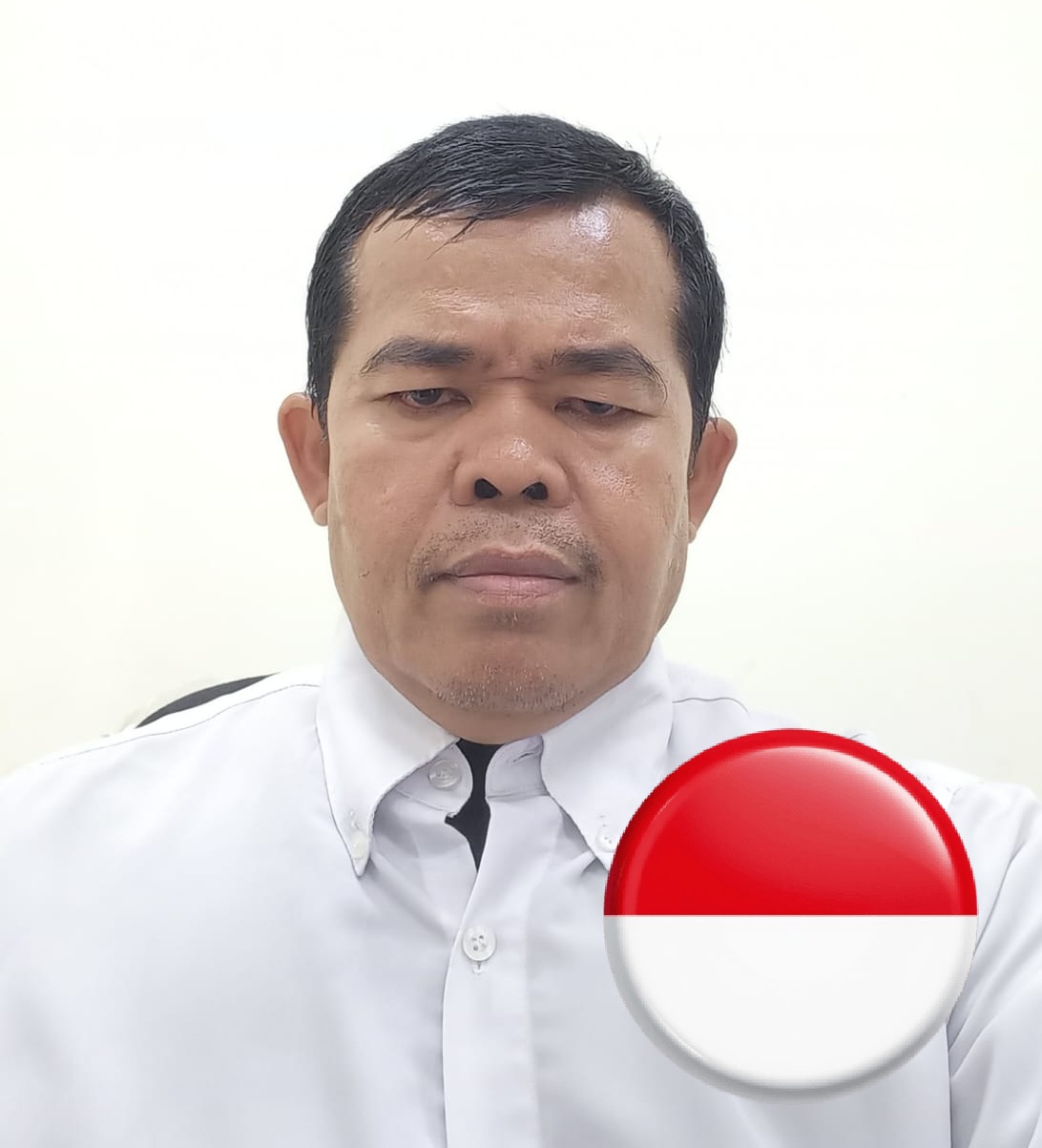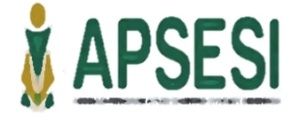Digital Zakat in Economic Empowerment and the Achievement of Sustainable Development Goals: An Islamic Economic Law Perspective
Abstract
This study examines the role of digital zakat in promoting economic empowerment and achieving the Sustainable Development Goals (SDGs) through the lens of Islamic economic law. Adopting a normative legal approach and qualitative methodology, the research draws upon academic literature, national legal frameworks, and institutional practices of zakat management in Indonesia. The findings demonstrate that the digitalization of zakat via e-wallets, mobile banking, and online platforms significantly enhances the efficiency, transparency, and outreach of zakat collection and distribution. This transformation enables muzakki to fulfill their religious obligations in a timely, secure, and accessible manner. Furthermore, it facilitates faster disbursement of zakat funds into empowerment-driven social and economic programs aimed at poverty alleviation and sustainable community development. Despite these benefits, challenges persist. Key obstacles include limited digital literacy among both muzakki and mustahik, inadequate technological infrastructure in rural and remote areas, and the absence of specific regulatory guidelines governing digital zakat transactions. From a normative standpoint, it is essential that digital zakat practices adhere to the principles of maqashid shariah, justice (‘adl), trustworthiness (amanah), and accountability (mas’uliyyah), to ensure compliance with Islamic legal and ethical standards. In conclusion, digital zakat, when governed by sharia-compliant frameworks, serves as a powerful instrument of Islamic social finance. It can significantly contribute to inclusive economic growth, enhance access to education, and reduce inequality. Strengthening regulations, improving digital capacity, and fostering institutional collaboration are vital to unlocking its full potential.
Keywords
Full Text:
PDFReferences
Ahmad, S., & Haq, S. G. (n.d.). Towards the Achievement of SDGs with Zakat: A Case of Khushal Garh Village of Malakand District of Khyber Pakhtunkhwa, Pakistan. In International Journal of Zakat (Vol. 5, Issue 2).
Alwi, M., Sarjan, M., Yusuf, H., & Pahri, P. (2023). Digitalisasi Pengelolaan Dana Zakat Dalam Pemberdayaan Ekonomi Umat. J-Alif : Jurnal Penelitian Hukum Ekonomi Syariah Dan Budaya Islam, 8(2), 118. https://doi.org/10.35329/jalif.v8i1.3834
Badan Amil Zakat Nasional, P. K. S. (2016). Panduan Kodifikasi Program Zakat Berbasis Matriks SDGs. July, 1–23.
Effendi, B., Nariah, S., Abdurrahman, U. K. H., & Pekalongan, W. (n.d.). Strategi Pengelolaan Zakat dalam Pencapaian Sustainable Development Goals (SDGs). Tawazun: Journal of Sharia Economic Law, 6(2), 2023. https://doi.org/10.21043/tawazun.v4i1
Fatha Isman, A., Mansyur, A., & Wardani, A. (2023). Realizing the SDGs through Zakat: The Maqāsid al-Syari’ah Perspective at Zakat Institutions in Indonesia. In Muslim Business and Economics Review (Vol. 2, Issue 1).
Fauzy Bahitsul, A. I., Karunia, I., Putri Pratiwi, H. R., & Faizzatul Amalia, N. (2021). Distingsi Pemberdayaan Masyarakat Melalui ZISWAF dalam Meningkatkan Ekonomi Masyarakat. Management of Zakat and Waqf Journal (MAZAWA), 3(1).
Fazial, F., Irshad, A. A., Abd Hamid, M. S., & Mohd Najib, N. W. (2025). Integrating Zakat Management into Ekonomi Madani: a Literature Review on Contributions to Sustainable Development Goals (SDGs). International Journal of Entrepreneurship and Management Practices, 8(29), 198–220. https://doi.org/10.35631/IJEMP.829014
Hadi, R., Shafrani, Y. S., Hilyatin, D. L., Riyadi, S., & Basrowi. (2024). Digital zakat management, transparency in zakat reporting, and the zakat payroll system toward zakat management accountability and its implications on zakat growth acceleration. International Journal of Data and Network Science, 8(1), 597–608. https://doi.org/10.5267/j.ijdns.2023.8.025
Hadiat, A. Hasan Ridwan, I Suntana, & Hidayat R. (2024). Hukum Ekonomi Islam “Sebuah Telaah Ekonomi Berkelanjutan Perspektif Hukum Ekonomi Islam.” De’Rechtsstaat, 121–134.
Harahap, B., Risfandy, T., & Futri, I. N. (2023). Islamic Law, Islamic Finance, and Sustainable Development Goals: A Systematic Literature Review. In Sustainability (Switzerland) (Vol. 15, Issue 8). MDPI. https://doi.org/10.3390/su15086626
Ismail, Gea, D., Shabri Abd. Majid, M., Marliyah, M., & Handayani, R. (2022). Productive Zakat as a Financial Instrument in Economic Empowerment in Indonesia. International Journal of Economic, Business, Accounting, Agriculture Management and Sharia Administration (IJEBAS), 2(1), 83–92. https://doi.org/10.54443/ijebas.v2i1.122
Kamizi, F., & Pramudita, A. (2024). Penggunaan Aplikasi Mobile Untuk Pengelolaan Zakat. Jurnal Cendekia Ilmiah, 3(6).
Kurniawan, R., & M. Arifin Purwakananta. (n.d.). Kajian Potensi Zakat Youtuber, Influencer, Affiliator Tiktok 2024.
M. Aidil Aditya HS, Zainal Said, & Rukiah. (n.d.). Implementasi Undang – Undang No. 23 Tahun 2011 Tentang Pengelolaan Zakat di Baznaz. IJAZA International Journal Of Zakat And Wakaq.
Maisyarah, A., & Hadi, K. (2024). Implementasi Model Pengelolaan Wakaf Berbasis Digital dalam Meningkatkan Tujuan Pembangunan Berkelanjutan (Sdg’s). Jurnal Ilmiah Ekonomi Islam, 10(1), 887. https://doi.org/10.29040/jiei.v10i1.12079
Muhammad Rizaludin As. (2022). Peran Digitalisasi Zakat dalam Peningkatan Fundraising dan Jumlah Muzakki di Indonesia. TADABBUR: Jurnal Integrasi Keilmuan, 15–28.
Mukhlishin, Ramadhan, J., & Hayatullah, I. K. (2025). Zakat and Waqf Synergies to Accelerating Sustainable Development. Journal of Sustainable Development and Regulatory Issues, 3(1), 29–54. https://doi.org/10.53955/jsderi.v3i1.56
Nia Zulinda, & Samsul Hidayat. (2023). ThePotency of Islamic Philanthropy inI ndonesia: Analysis of the Socio-Economic Context. Proceeding Of International Conference On Islamic Economics, Islamic Banking, Zakah and Waqf, 249–266.
Ravitch, S. M., & Riggan, M. (2016). Reason & rigor: How conceptual frameworks guide research. Sage publications.
Riset, T., Kajian, D., Kajian, P., Amil, S.-B., & Nasional, Z. (2017). Sebuah Kajian Zakat on SDGs Peran Zakat dalam Sustainable Development Goals untuk Pencapaian Maqashid Syariah.
Sofiyawati, N., & Halimah, S. N. (2022). Perilaku Muzakki dalam Menyalurkan Zakat di Era Digital. Anida (Aktualisasi Nuansa Ilmu Dakwah), 22(1), 45–64. https://doi.org/10.15575/anida.v22i1.18479
Verdianti, V., & Puja, P. (2023). Pengaruh Penggunaan Digitalisasi Zakat Terhadap Efektivitas Pengumpulan Zakat Pada Baznas Kalbar. AKTIVA: Journal of Accountancy and Management, 1(1), 43–53. https://doi.org/10.24260/aktiva.v1i1.992
Walida Mustamin, S., Mansyur, S., & Author, C. (n.d.). Public Perception of Agricultural Zakat in Terms of Sharia Economic Law (Vol. 114).
Wan Nur Azira Wan Mohamed Salleh, Siti Zaleha Abdul Rasid, & Rohaida Basiruddin. (2022). Optimising Digital Technology in Managing Zakat. International Journal Of Academic Research In Business and Social Sciences, 727–733.
Wibowo, A. (n.d.). Enhancing Economic Growth for the Achievement of Sustainable Development Goals through Digital Era Fundraising Schemes for Sustainable Community Development: A Policy Analysis from the Islamic Economic Perspective.
Yunita, & Nofia Astuti. (2024). Pembangunan Ekonomi Syariah dan Hukum Ekonomi Berkelanjutan. Manajemen dan akuntansi, 1(4), 63–69.
DOI: http://dx.doi.org/10.30984/tjebi.v10i2.3577
Article Metrics
Abstract view : 250 timesPDF - 98 times
Refbacks
- There are currently no refbacks.
Copyright (c) 2025 Tasharruf: Journal Economics and Business of Islam
License URL: https://creativecommons.org/licenses/by-nc/4.0/
Tasharruf: Journal Economics and Business of Islam is indexed by:
 |
 |
 |
 |
 |
|
 |
 |

This work is licensed under a Creative Commons Attribution-NonCommercial 4.0 International License.
________________________________________________________
Tasharruf: Journal Economics and Bussiness of Islam is published by Fakultas Ekonomi dan Bisnis Islam, Institut Agama Islam Negeri (IAIN) Manado
Jl. Dr. S. H. Sarundajang Kawasan Ring Road I Malendeng Manado, Sulawesi Utara, Indonesia 95128
Email: [email protected]
ISSN Print: 2528-0317 ISSN Online: 2528-0325












1.png)


